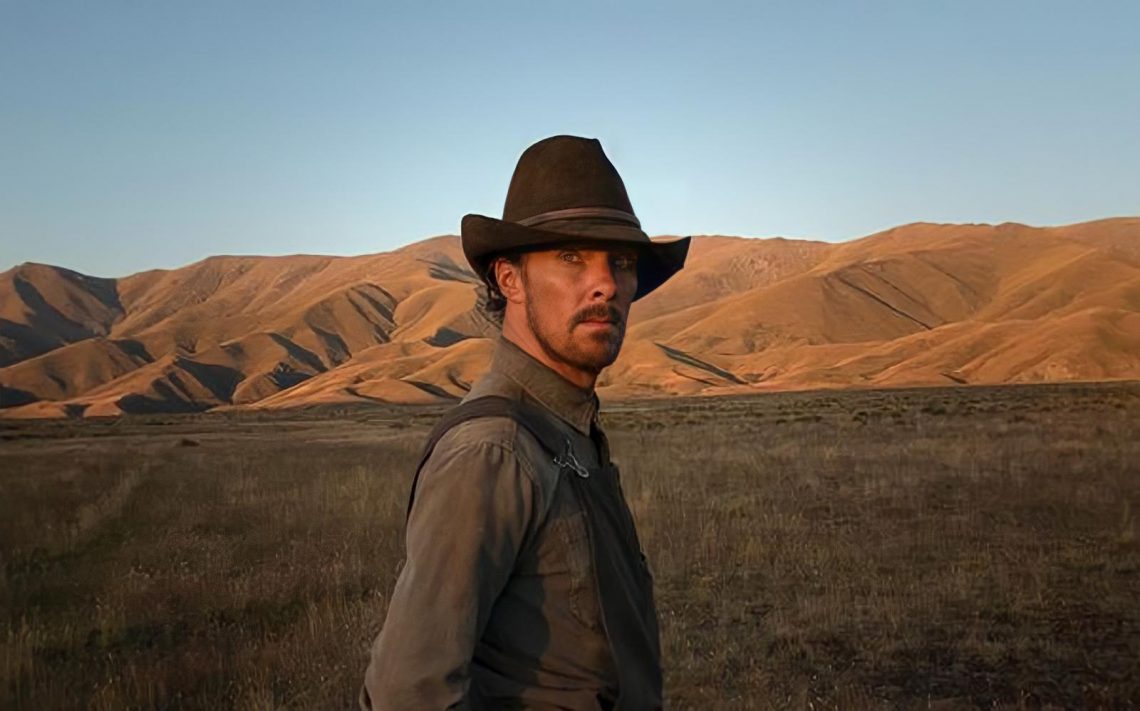While being interviewed for his series It’s A Sin, Russell T Davies actively spoke up against the lack of representation of LGBTQIA+ people that continues to be a menace in the film industry. In a searing interview with Pink News, he lashed out against the ongoing, misunderstood Hollywood debate of straight actors playing queer roles and said that “gay is not a performance” and that “casting gay as gay, now, is the right thing to do”.
Davis’ comment is extremely relevant in the wake of the casting that has happened over the years in Hollywood. Hollywood is already notorious for its lack of representation and diversity. After many comments from vocal actors and actresses of colour and/or the members of the LGBTQIA+ community, Hollywood seems to be trying to take a step forward. But does the decision of casting cis-gendered actors in queer roles really reflect that?
More often than not, the straight actors who have played queer roles are applauded for being “brave” enough to play a certain role. Why not cast a queer actor instead who has experienced the struggles they’re being asked to portray? While actors like Cate Blanchett have passionately argued against this notion, talking about how actors should be given the space to breathe life into any character, it is important to take note of the heteronormative privilege that comes into play.
From films like Brokeback Mountain, Milk, The Danish Girl, Carol to Call Me By Your Name, Love, Simon, Alex Strangelove and more, these films have cast mainstream straight actors in queer lead roles. While we understand that mainstream names usually aid the commercial success and hype, it is essential to know how the queer experiences are being invalidated.
While many have argued against casting only gay actors in gay roles, it is essential that we understand how intersectionality comes into play. When actor Ruby Rose echoed Blanchett and mocked her too by saying, “I think we would be in a weird place if only gay people can play gay people and only straight people can play straight people. I personally love Grey’s Anatomy, so if they had to fire everyone and hire only real doctors.”
Rose compares sexuality and professions with her comments, something which is highly absurd and derogatory towards the entire community. A queer actor is exempt from playing a particular role because they are not “queer enough”. This is one of many horror stories that actors and actresses face while auditioning during casting calls due to their sexuality.
Inarguably, straight actors bag most of the roles as queer characters. Although Susie Bright would argue that “real freedom” would see people from either side of the spectrum having the fluidity to play any character, sadly, that Utopian world does not exist. The ingrained heteronormativity of society is blinding and often leaves the queer performers unhired, vying for jobs. Hollywood has, as it is, ignored the question of intersectionality and focused on cisgender white characters playing queer roles, something that invalidates the struggle for equality on many levels.
A queer black woman is at the lowest rung of the ladder, struggling to find her place in an industry that does not deem her fit to represent her community and would, instead, convey her lived experience via the performance of a different straight (preferably white) actress who will then be lauded for her brilliant and “courageous” performance. The original experience and trauma are left invalidated, crushed and ignored.
Those who do get to work on sets are often the victims of blatant homophobia. They are hyper-sexualised and sexually harrassed on various levels. Some of them fear coming out to avoid the hassle of being picked on. Despite what Hollywood tries to promote, they are ostracised and pushed towards the very oblivion. The community is more than capable of conveying its own experiences and stories. Then why employ a straight actor to take on a “challenging” role? Hilary Swank, who had won the Oscar for playing Brandon Teena in Boys Don’t Cry, later said how a trans actor would have been better. We love her honesty.
As for now, Benedict Cumberbatch has been criticised for playing a gay character in Jane Campion’s upcoming Netflix film The Power of the Dog. While the actor has been diplomatic in his defence, it seems that Hollywood will never learn. Lack of representation remains a staggering issue that remains unaddressed like the elephant in the room. People are seemingly oblivious to it. The shallow Twitter and Instagram posts during Pride month does not let them take accountability if their actions continue to prove otherwise.
Since Netflix has recently been working more and more towards representation, be it in terms of people of colour, disabled creatives or queer creatives, there is still some hope at the end of the tunnel regarding an overall improvement of conditions.
A diverse set of people working together will add more authenticity and sincerity and help redefine the aspects of sexuality and gender, in turn, creating a positive impact. Lesbian and gay stories need to be retold from the perspective of a person who recognises the experience. Not every queer film needs to have an empathy-inducing trauma narrative.
Maybe Hollywood can take some cue from French films like A Portrait of a Lady on Fire and understand how to decentralise the idea of universal heteronormativity and give queer actors the chance to express their queerness the way they want to.
